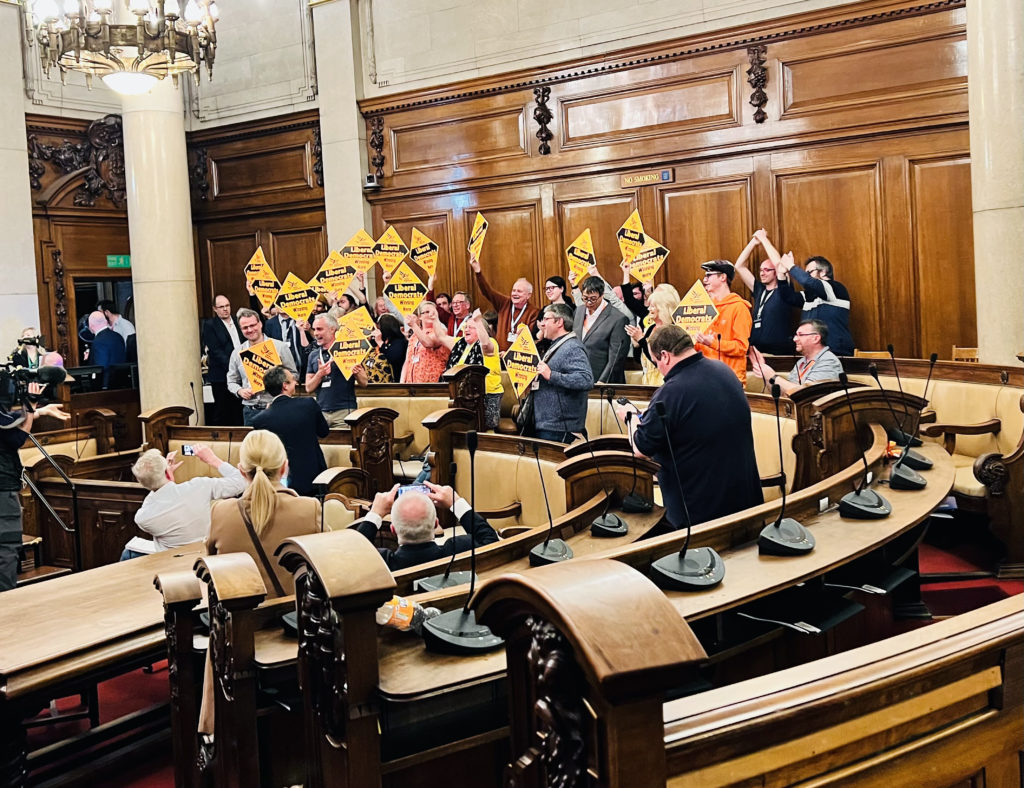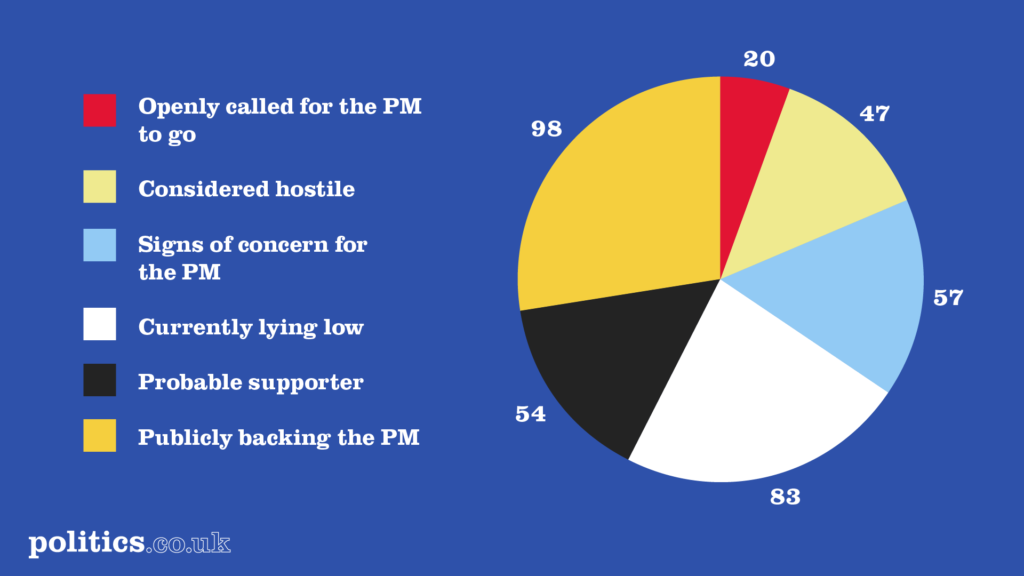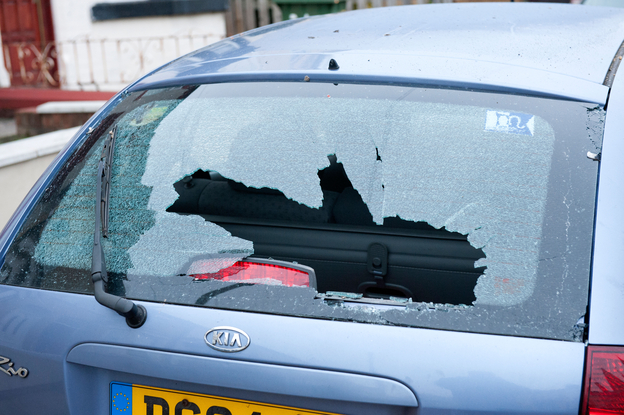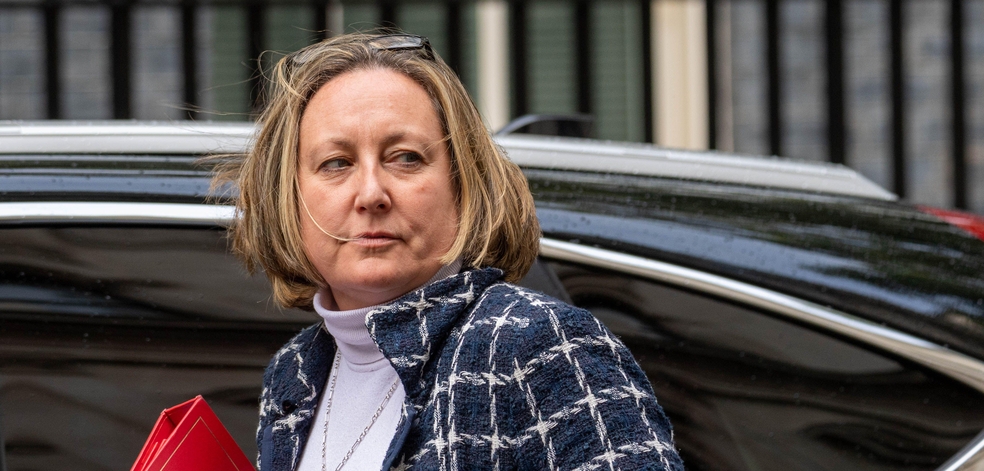is the activity of tracking, chasing and killing foxes, usually with trained foxhounds or other breeds of scent hounds. The hounds are followed by a group of horsemen and, traditionally, led by a ‘master of hounds’.
has been regarded varyingly as a recreational pastime, a pest control measure, or a inhumane blood sport. It has been one of the UK’s most divisive political issues of recent decades.
Attitudes towards have traditionally been represented by three standpoints: those who wanted to continue in its present form; those who wanted it banned; and those who wanted to continue, but with regulation to mitigate its negative effects.

Fox hunts killed over 20,000 foxes per year prior to the 2004 Act.
Foxes do not have protected legal status, so it remains legal for landowners to shoot foxes on their own private property as a form of pest control.


Is illegal?
Traditional was banned in England and Wales under the 2004.
with dogs was banned in under the Wild Mammals Protection () Act 2002, but remains legal in Northern Ireland.
Prior to the change in the law brought about by the 2004 , the Burns report in 2000 suggested that registered pacts were thought to have killed between 21,000 and 25,000 foxes each year. The in the United Kingdom typically ran from November to March.
Despite the legislation in England, Wales, and , there is evidence to suggest that unlawful is still an ongoing practice.
Offences committed under the are prosecuted with fines of up to £5,000, with equipment being confiscated or destroyed. Individuals refusing to comply may face further prosecutions including a custodial sentence. groups have called for harsher penalties.
Legislation to regulate or prohibit all forms of with dogs is in place in many countries across the world.. Although with dogs is widely considered a quintessentially English sport, it is not though banned in France, and remains legal in a number of States in America.
How many people have been prosecuted for ?
Data gathered by the League Against Cruel Sports found that by 2018, there had been 497 convictions under the in the UK. A further 47 individuals had received warnings for their involvement in . In addition to this, prosecutions have been made under the Act of 2006 which minimises the unnecessary suffering of animals.
In November 2019, two men were given suspended sentences after dragging a from the ground by its tail and releasing it in front of hounds.
In spite of existing legislation, the 2018 season saw 550 reports of . The actual figure is likely to be higher when factoring in unreported incidents.
The prevalence of is widely attributed to the legal exceptions provided by the . Specifically, the Act lists nine reasons under which may persist – the most commonly invoked being where foxes are posing a threat to livestock or where targeted land is owned by the huntsman.
of rats and rabbits is permitted, as well as the retrieval of hares that have already been shot. Critics argue that these exemptions provide varying channels through which to defy outright the ban on , and to reframe as a legally justified pursuit.
Unlike , is a legal recreational activity that has gained prevalence in the wake of the early legislative bans. Trail aims to ‘mimic’ by leading the hounds to chase a -based scent across a ‘s traditional route. This is achieved by dragging a urine-soaked cloth or sack along the ground. Much like , the huntsmen pursue the scent with the aid of hounds.
While reframes the focus from live foxes to scents, the League Against views it as a means for to continue in clandestine. This was propelled into the public light in 2020, when an ITV webinar showed leading hunt figures admitting that is a “smokescreen” for .
In October 2021, Mark Hankinson, the director of the Masters of the Foxhounds Association, was found guilty of encouraging or assisting others to commit an offence, following comments he made to around hundred people on a webinar. Hankinson was fined £1,000 and told him he must pay a contribution of £2,500 towards costs. In the verdict from Westminster magistrates court, the deputy chief magistrate Tan Ikram detailed that “in my judgment he was clearly encouraging the mirage of trail laying to act as a cover for old-fashioned hunting”.
Following the , certain hunts have been found capturing and raising foxes for the sake of chasing them – under the guise of trail – in later life. This was the subject of investigations in 2015, when 16 cubs were found being held captive in a barn in Yorkshire.
The League Against Cruel Sports is continually campaigning to expose and abolish in all forms. Several groups have called for measures to be better enforced, including amendments to the which eliminates all legal exemptions.
The RSPCA has also called for a tightening of the existing legislation around , including the introduction of an offence of recklessly a , introducing a tighter definition of to include ‘searching for’, and a ban on the use of products for dragging trails.
Should continue, the charity would like all hunts to provide maps of routes to the police in advance, and record all instances where hounds have killed foxes.
Fox hunting – What are the arguments?
The principal exponent of allowing , in its original form, to remain legal, has been the pressure group, the Alliance.
Opposing are a number of leading charities (including the RSPCA, League Against Cruel Sports, and the International Fund for ) operating under the umbrella of CPHA (Campaign to Protect Hunted Animals).
Central to the debate around is the tension between the anti- campaigners’ protestations of cruelty with the pro-hunters’ assertions that is an important part of rural life and tradition.
The case for banning
campaigners argue that foxes are often chased to the point of exhaustion, before being ruthlessly and purposely set upon by a pack of highly trained dogs.
Anti campaigner point to medical autopsies which reveal that hunted foxes are not killed quickly, but often endure multiple bites and tears before their death. The RSPCA defines the practice as “barbaric” and “outdated”, noting that a multitude of species (such as badgers and hares) are also caught up in the .
It is also argued that the scent hounds are subject to poor and abusive treatment throughout their training process. There has been suggestions that hounds are culled if considered inadequate to the pack; be that due to injury, old age, or a simple lack of skill.
This principle argument of cruelty has spun off countless sub-debates concerning what level of pest foxes are; what damage is caused by hunts to the ; and what freedoms and liberties the individual has.
The case for
Proponents of refer to the sport as an integral component of rural tradition and culture, and one which supports the cohesion of rural communities. In contrast to the claims of campaigners, they maintain that foxes experience minimal suffering in what is usually a rapid death.
Traditionally, some farmers have welcomed hunts on their land for their pest control functions. The tendency for foxes to kill young lambs, thereby damaging farm incomes, has also been used in the past as a justification to support . It remains legal for farmers to shoot foxes on their land.
Nonetheless, it is widely acknowledged that is largely pursued as a past time. Captain RE Wallance, Master of -Hounds has made this explicit: “As I have said, we are not a pest destruction society. I would rather account for a at the end of a good run than ‘chop’ it at the beginning.” A similar stance was taken by the former CEO of the Alliance, Simon Hart, who indicated that he had never been happy about the reliance on the ‘pest control’ case.
In the context of people pursuing a past-time, justify their activities on grounds of their right to liberty, on what is typically private property.
Finally supporters of state that it brings an economic benefit to the . The 2000 Burns Report estimated that there were around 700 jobs directly associated with , and 6,000 to 8,000 jobs dependent on it. The report qualified this by stating that “in terms of national resource use, the economic effects of a ban on would be unlikely to be substantial”, with the effects most likely to have dissipated within a decade, but that in the short term “the individual and local effects would be more serious”.
https://pukdevelop.wpengine.com/blogs/2015/07/14/we-dont-hate-fox-hunting-we-hate-posh-psychopaths/
History
The origins of
Modern is believed to have arisen following the Restoration in 1660 and was modelled on the royal sport of stag . As stag declined in the 18th century, many stag hunts shifted to . There has long been opposition to on grounds, and during the 1970s and 1980s, the activities of “ ” – who sought to disrupt hunts – increasingly came to prominence with occasional violent clashes with huntsmen.
Legislative Changes and Battles
Neither Labour nor the Conservative party has an official position on – all the Parliamentary votes of recent years have been free votes, as is regarded as an issue of conscience. However, most Conservatives have historically voted in support of , often on civil liberty grounds, with most Labour MPs voting against it.
became a particularly high-profile political issue in the late 1990s, with the election of Tony Blair’s Labour government, which in its 1997 manifesto promised MPs a free vote on a ban on with hounds.
A large number of Labour MPs wanted to use the party’s majority to ban , but the government remained neutral. As a result, MPs sought to ban through a number of private members’ bills, which failed for lack of parliamentary time.
With frustration developing on the anti-, in 1999 the government set up the Burns inquiry to investigate the practical aspects of the different types of with dogs, the implications of a ban and how any ban might be implemented. The Burns inquiry was not asked to judge whether could be deemed cruel. The resulting report, published in 2000, was seized on by both sides with each claiming that it validated their argument.
In response, the government pursued a series of bills that would give Parliament a free vote on several options: an outright ban, with regulations, and maintaining the status quo. In each case, the bill failed due to irreconcilable differences and the impossibility of getting a bill that satisfied the Commons through the House of Lords.
The Labour government made a manifesto commitment in 2001 to resolve the contentious issue of with dogs in England and Wales. The rural affairs minister, Alun Michael, introduced a new bill in December 2002 which would introduce a system of licensing for . Hunts would be eligible to register if they could show that was undertaken for purposes specific to pest control (the utility test), and that it would cause less suffering than any alternative method of pest control (the cruelty test).
This bill, however, met opposition in the Commons and the Lords. The Commons amended the bill to push for an outright ban, but this was then amended to a licensing system by the Lords. It was then re-amended to a ban by the Commons, before being finally rejected by the Lords. Eventually, the bill ran out of time.
In 2004 the government reintroduced the issue and gave MPs a free vote to pass an outright ban on with dogs. The leader of the House, Peter Hain, decided to rush the bill through the Commons in a single day – drawing protests from pro- groups and politicians. The bill was comprehensively backed by the House of Commons and was sent to the House Lords with the government warning that an outright rejection would be met with the Parliament Act 1949 – this gives the House of Commons the ability to pass legislation even if the Lords has rejected it twice, but only if the Bill was first passed by the Commons over a year ago.
In November 2004 the Commons decided to invoke the Parliament Act to ban outright in England and Wales after weeks of legislative ping-pong between the two houses. The Lords repeatedly voted to allow to continue under licence, but this was rejected by the Commons.
On the last day of debate, the government attempted to amend the bill to delay implementation of the ban to July 2007. MPs rejected this, agreeing to July 2006 instead. This presented the House of Lords with a dilemma.
If they voted for the Bill the ban would have been delayed until July 2006. This would be good for pro- campaigners but it would have let the government off the hook by relieving them of the need to use the Parliament Act and to introduce a potentially unpopular ban just months before a general election in May 2005.
Another option was to vote for an amended bill that would allow to continue under licence. Peers chose this option, and, as a result, the government enacted the Parliament Act. The bill was forced through on November 18 2004, stipulating a full ban on to come into effect in February 2005.
Stalemate over Hunting – 2010 – 2020
The election of the Coalition Government in May 2010 reignited the debate, with the RSPCA warning of “a real threat” that the ban on with dogs could be overturned as the new coalition government had promised MPs a free vote on the issue.
The RSPCA, the International Fund for (IFAW) and the League Against Cruel Sports issued a joint statement calling on people to contact their MPs asking them to vote to protect the . The Alliance, however, pledged to continue their campaign to have the repealed.
In 2012 Defra confirmed that the Government still intended to allow Parliament to consider a repeal of the on a free vote, but said there were “many greater priorities facing the Government at the moment” and that a motion on the issue would be put forward “at an appropriate time”.
In 2015, there was a suggestion that the government planned to weaken the through a Statutory Instrument that would permit unlimited numbers of dogs to chase foxes, and hares in the name of pest control. However this never came to fruition.
Ahead of the 2017 General Election, Theresa May pledged to allow Parliament the opportunity to vote once again on , but when she failed to gain an outright Parliamentary majority, this suggestion joined a whole range of other policies which were put on the ‘back-burner’.
In 2019, the former Chief Executive of Alliance, Simon Hart, was appointed as Parliamentary Secretary to the Cabinet Office, and then later as a Cabinet Minister, as Secretary of State for Wales.
Mr Hart had previously been elected as a Conservative MP. Following his appointment, Mr Hart stepped down from all his duties in the Alliance in accordance with the Ministerial Code. His appointment naturally fueled speculation that amending the return to the forefront of the Conservative agenda
Current Position
However by the start of the 2020s, political support for the repeal of the have lost much of its potent drive.
During the 2019 General Election Campaign, the Conservatives expressed no further intentions to reverse or amend the . Labour, meanwhile, pledged to strengthen the ban.
Polls conducted by Survation in 2019 found that 47% of Conservative voters were unlikely to vote for a pro- candidate. This figure was 65% among the general public.
groups continue their campaigns for greater enforcement measures in England, Wales and . There is also increased impetus for a in Northern Ireland.
https://pukdevelop.wpengine.com/news/2004/11/19/fox-hunting-banned/
Quotes
“…in an increasingly humdrum world, – also preserves a great tradition in the .” – Max Hastings – Outside Days (1990)
“It [] is about as terrifying as a small boy being chased off a farmer’s land for scrumping apples” – John Jackson, Alliance Chairman (2002)
“In every there are one or two people, particularly terrier men, who get a sadistic pleasure from tormenting foxes.” – Paul Woodhouse, Huntsman to the Derwent Foxhounds; News of the World (1982)
“We’ve passed a law that everyone is openly flouting.” – Prime Minister David Cameron, with reference to the (2007)
Statistics
According to a 2017 Ipsos study, more than 8 out of 10 people are opposed to (Ipsos, 2017)
When asked whether each activity should or should not be made legal again, 85% of those surveyed say that should not be made legal again, 87% said should be illegal, 90% said the same for hare and coursing, 99% for dogfighting, and 94% for badger baiting. (Ipsos, 2017)
https://pukdevelop.wpengine.com/news/2010/06/09/public-remains-against-fox-hunting/



















